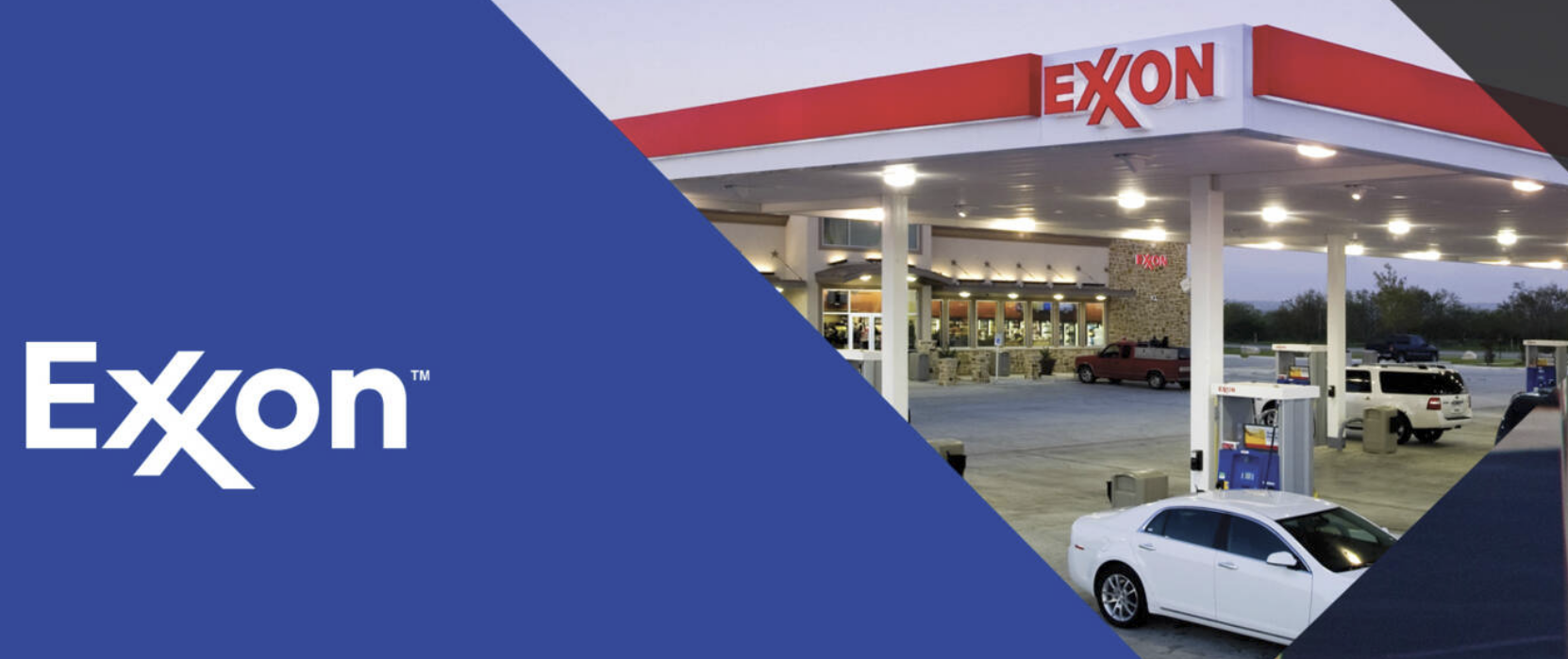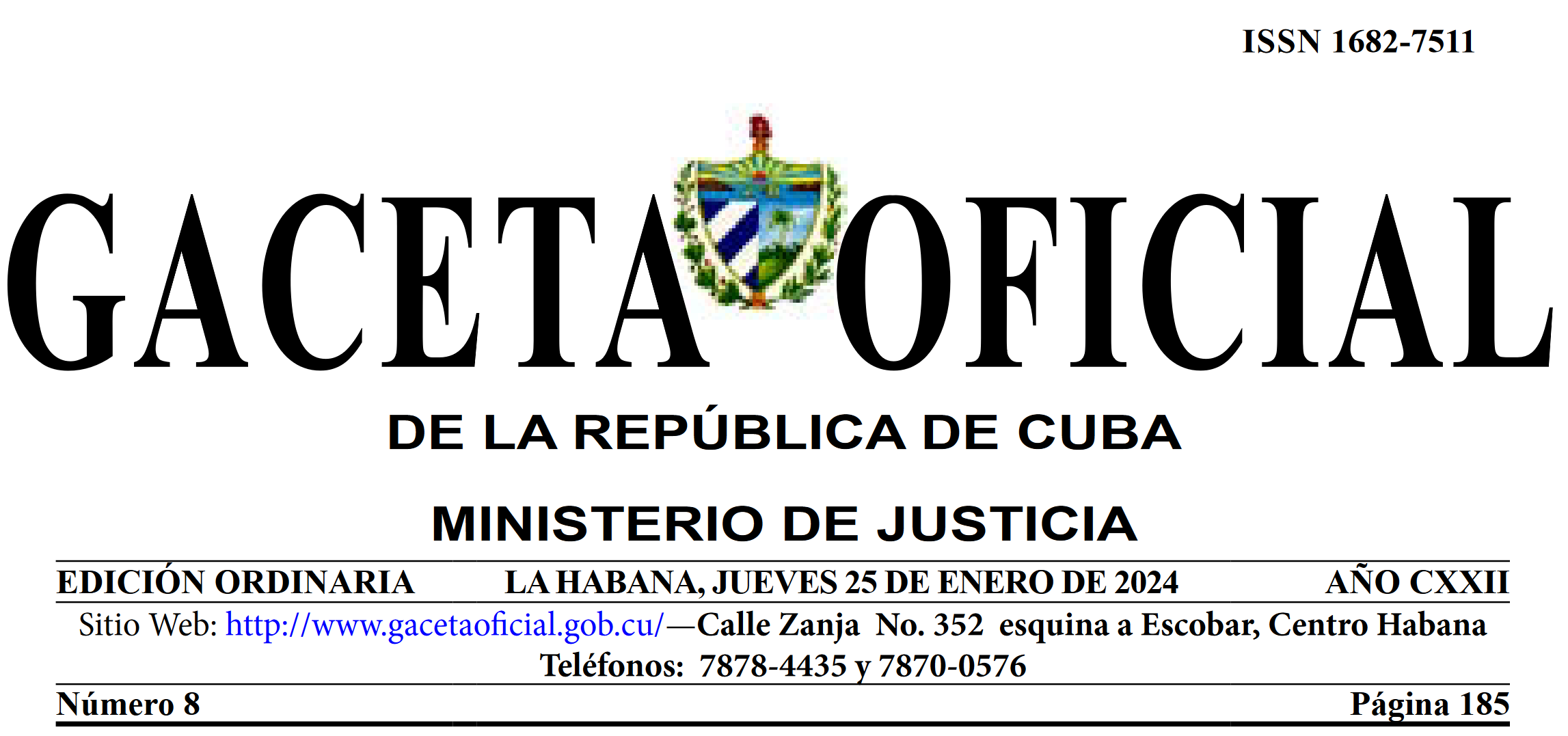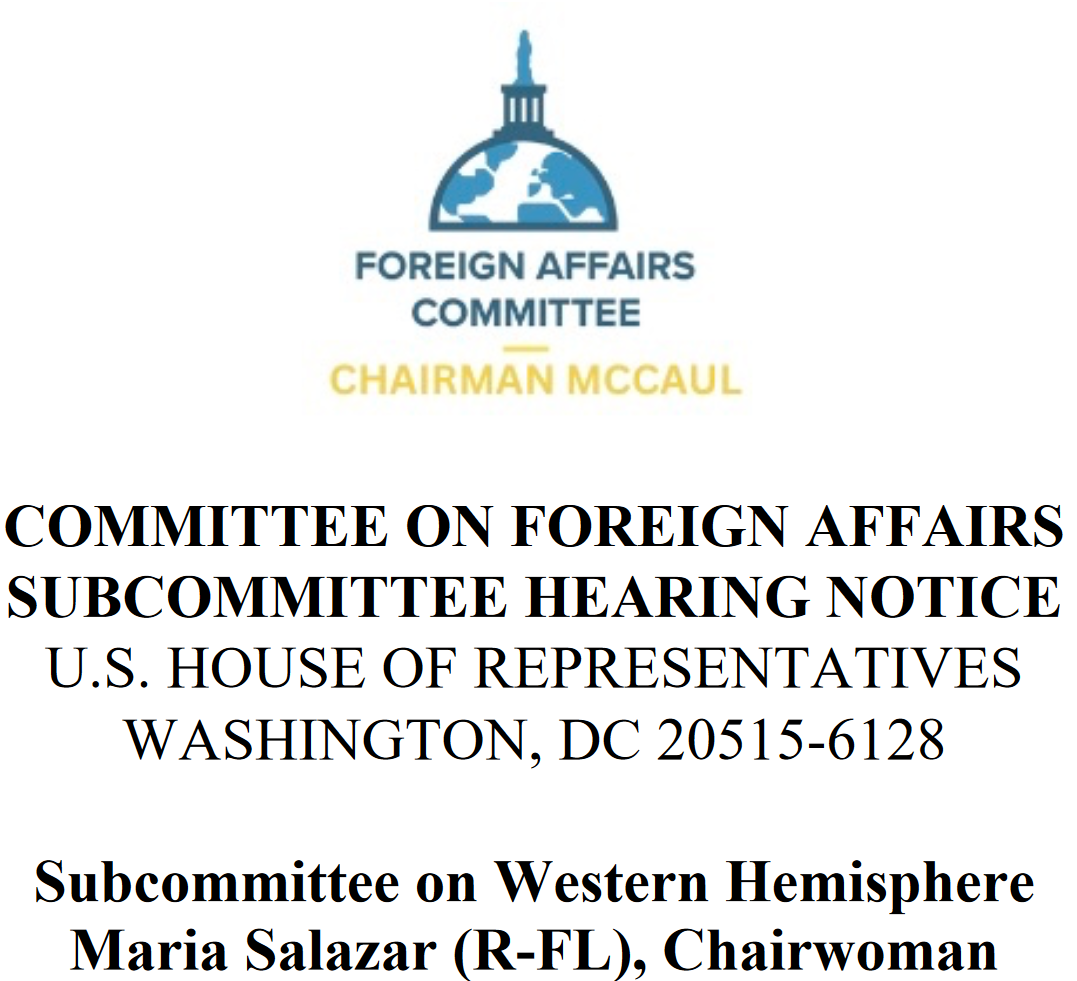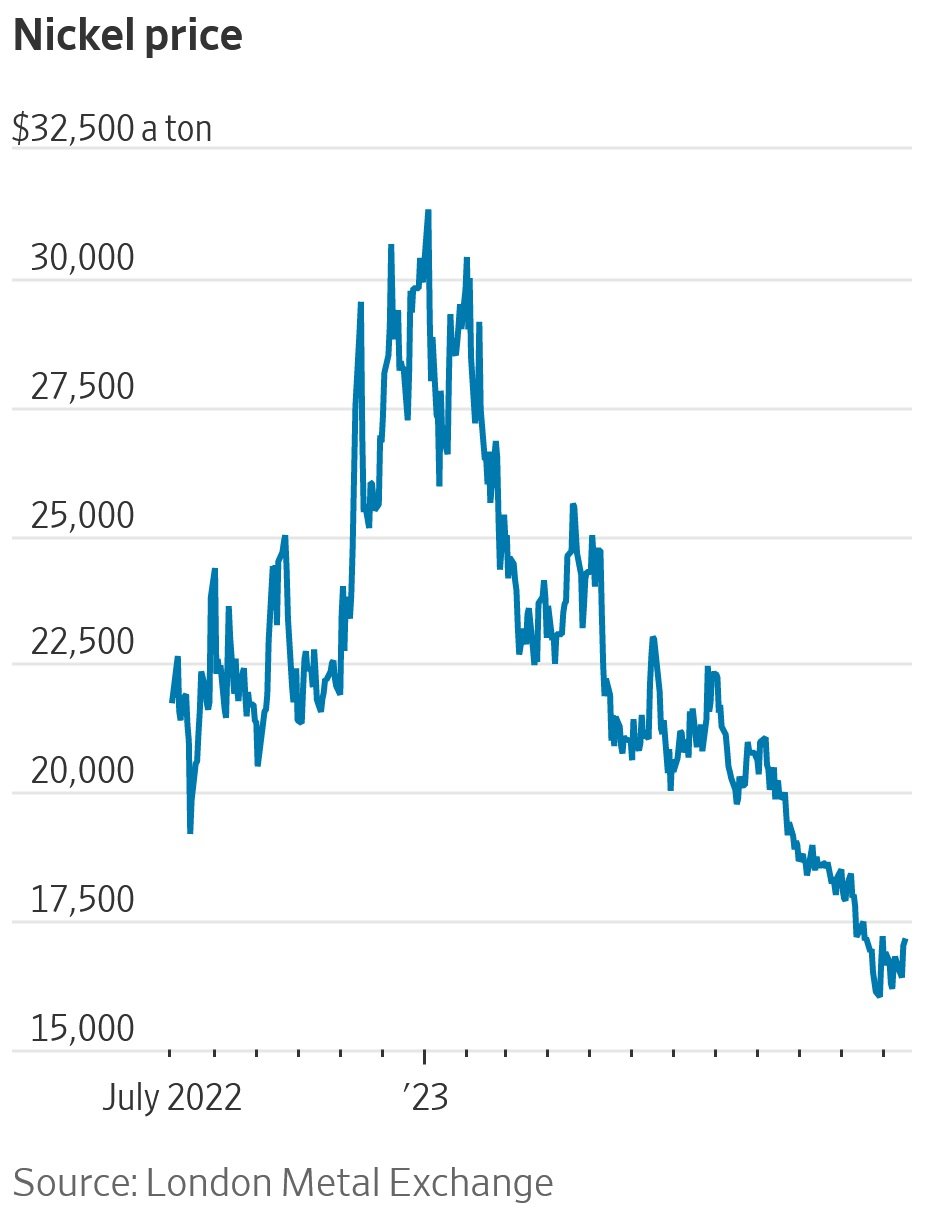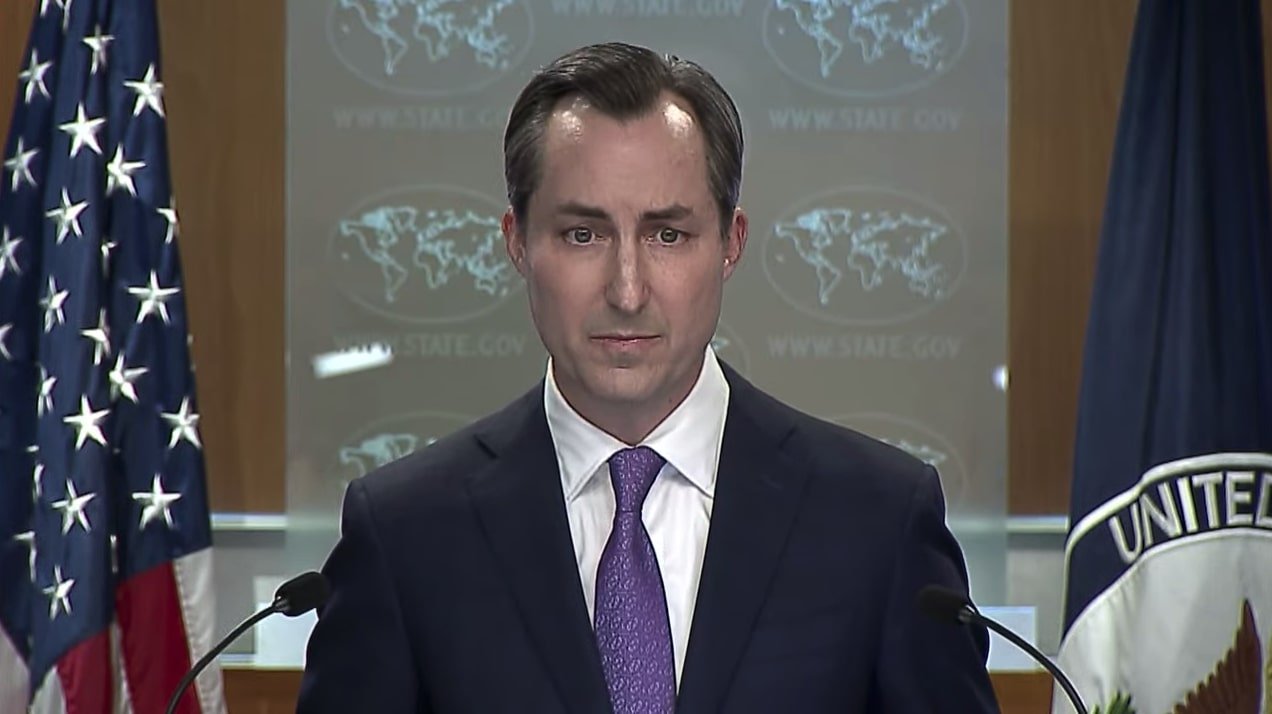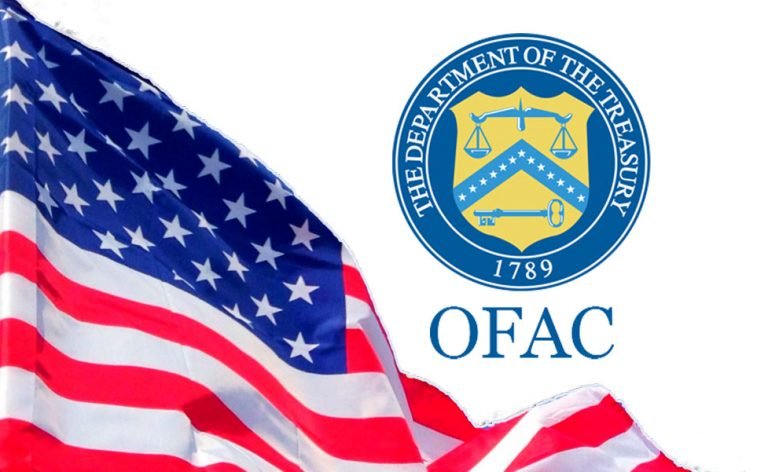Diario ABC (Spain): El régimen cubano aplasta el florecimiento del sector privado. El primer estadounidense en lograr una licencia para invertir en un negocio en la isla revela...
/From DIARIO ABC (Spain)
El régimen cubano aplasta el florecimiento del sector privado
El primer estadounidense en lograr una licencia para invertir en un negocio en la isla revela a ABC que lleva en el limbo casi dos años
02/02/2024
Cubanos hacen cola para entrar en la embajada de EEUU en La Habana
El régimen cubano ha frustrado el plan de Joe Biden de dinamizar el sector privado en la isla. Según revela a ABC el inversor que obtuvo la primera licencia del Departamento del Tesoro de EE.UU. para invertir en una empresa privada en Cuba, el Gobierno cubano no la ha autorizado en más de un año y medio. Esta negativa refleja el rechazo práctico a que la inversión extranjera expanda el sector privado. Las declaraciones contradictorias de la Administración Biden y del Gobierno cubano han llevado a los republicanos en el Capitolioa denunciar que la mayoría de estas empresas están vinculadas informalmente a la dictadura, y piden un cambio de rumbo a la Casa Blanca.
El 10 de mayo de 2022, John Kavulich obtuvo la primera licencia concedida por el departamento del Tesoro de EE.UU. a un ciudadano norteamericano para invertir en una empresa privada en Cuba. El trámite de la licencia en EE.UU. duró 11 meses, y para ello creó una sociedad limitada. Planeaba una primera inversión de 25.000 dólares, como una prueba para abrir un camino del que podrían beneficiarse otros inversores. Era un cálculo con grandes implicaciones, según él cuenta a ABC: de algún modo, incipiente, el régimen cubano podía permitir una vía para introducir dinero extranjero a entidades privadas y dinamizar la economía.
Más de un año y medio después de haber obtenido la licencia, el Gobierno cubano aún tiene que autorizarla. Esto, para Kavulich, refleja una negativa práctica a que la inversión extranjera pueda expandir el sector privado cubano. Kavulich preside el Consejo Económico y Comercial EE.UU.-Cuba, una organización con sede en Washington que analiza los negocios con Cuba en el influyente blog Cubatrade.
Kavulich explica que la licencia buscaba legitimar el proceso de inversión para que los bancos lo consideraran, pero esto no ha ocurrido. El gobierno no permite la inversión, dice, lo que refleja su verdadero rechazo al sector privado. «El sector privado mostrará diferencias. Algunas personas ganarán más, otras ganarán menos, algunas se enriquecerán, otras no. Devuelve todo lo que la revolución intentaba eliminar. Y eso es muy difícil de digerir para ellos. Es como si estuvieran comiendo una piedra», afirma.
En realidad el sector privado en Cuba tiene solo tres décadas de existencia. La dictadura promulgó un decreto en 1993 que autorizó la creación y operación de los llamados cuentapropistas, trabajadores por cuenta propia y no funcionarios. Las regulaciones sobre ellos son descomunales. En 2021 el régimen aplicó una reforma del sector privado y autorizó las micro, pequeñas y medianas empresas, llamadas mipymes, que pueden operar en diversos sectores de la economía y en principio pueden generar empleo. De momento, se han dado unas 10.000 licencias a esas entidades privadas. Algunas son ya destacadas importadoras de alimentos y otros bienes esenciales en un contexto de escasez y carestía.
Empresas vinculadas al régimen
Por su parte, los republicanos en el Capitolio de EE.UU. denuncian que en realidad la gran mayoría de esas empresas están vinculadas informalmente al régimen: pertenecen, denuncian, a allegados de la estructura oficial. Para ello mantuvieron una audiencia el 18 de enero en el Capitolio en la que pidieron explicaciones a la Administración Biden sobre sus supuestas ayudas al sector privado y la posibilidad de que la dictadura esté violando el embargo.
María Elvira Salazar, diputada republicana que preside la subcomisión de América Latina en la Cámara de Representantes, denuncia que estas empresas, son «una artimaña del Gobierno», y que el desarrollo y crecimiento del sector privado en Cuba es un plan del Gobierno cubano para violar el embargo estadounidense. «Sólo los hijos de los líderes cubanos lo tienen fácil para ser se propietarios en esas empresas», afirma. «El régimen cubano es un maestro del disfraz, y una vez más, este es otro ardid… Esto huele a un nuevo plan del régimen que está desesperado por millones de dólares para violar el embargo».
«Esto huele a un nuevo plan del régimen que está desesperado por millones de dólares para violar el embargo»
María Elvira Salazar
Diputada republicana
Las políticas de Biden hacia Cuba, destinadas a respaldar al sector privado, también buscan detener la migración masiva de cubanos en los últimos años. Casi el 4% de la población total de Cuba, 425.000 personas, ha abandonado la isla y ha entrado en EE.UU. en los años fiscales 2022 y 2023. Estas cifras no incluyen otros miles de cubanos emigrados a otros países como Colombia, Brasil o España. Desde 2017, por decisión de Barack Obama, EE.UU. no ofrece residencia inmediata a los cubanos exiliados, por lo que muchos de esos huidos de la dictadura son repatriados en vuelos masificados del servicio de inmigración. Otros son deportados a México.
La lentitud de procesar estas licencias en Cuba tiene implicaciones también para quienes tengan interés en invertir desde España. Es cierto que grandes empresas como Meliá hacen negocios en Cuba, pero siempre con el régimen, que controla el sector del turismo a través de empresas estatales como Gaviota.
Las políticas de Biden hacia Cuba, destinadas a respaldar al sector privado, también buscan detener la migración masiva de cubanos en los últimos años
Según explica Kavulich, su plan era oficializar la inversión en Cuba, algo sin precedentes. Aunque en los últimos años millones de dólares han sido ingresados en Cuba, principalmente desde el sur de Florida y España, no es algo que haya sido autorizado por el gobierno cubano. «Obtuvimos una licencia para hacerlo público y accesible a empresas e inversores internacionales, ya que sin legitimación, parece peligroso e ilegítimo invertir en la isla», dice Kavulich. «Tenemos la licencia para que todos lo sepan, empresas en España, inversores en España, Canadá, la UE, EE.UU., en todas partes, porque todos estamos en la misma posición. Una persona en España no puede proporcionar inversión o financiamiento a una empresa privada en Cuba, al igual que yo no puedo», añade.
Levantamiento parcial de sanciones
En mayo de 2022, la Administración Biden levantó parcialmente sanciones sobre Cuba, con la expansión de vuelos más allá de La Habana y la reactivación de un programa para reunificar familias cubanas en EE.UU. La restricción impuesta durante la presidencia de Donald Trump que limitaba las remesas familiares a 1.000 dólares cada tres meses fue levantada y ahí es cuando se anunció que se flexibilizaba la prohibición de remesas a no familiares para permitir el pago a emprendedores cubanos independientes. Fue entonces cuando el Departamento del Tesoro emitió la primera licencia para permitir la inversión directa en acciones en una empresa privada cubana.
Biden llegó a la Casa Blanca con la intención, dijo en campaña, de revertir muchas de las restricciones impuestas al régimen cubano durante la era Trump. Sin embargo, en julio de 2021, apenas cinco meses después de que asumiera el cargo, estallaron protestas contra la dictadura en la isla, las más significativas en décadas. Fueron impulsadas por el descontento por la situación económica, la escasez de alimentos y medicinas, los apagones eléctricos y las restricciones a la libertad de expresión. El régimen respondió con una ola represora. Grupos de derechos cubanos informan de que más de 1.400 personas fueron detenidas, de las cuales al menos 380 fueron condenadas.
Desde 1960, el embargo de Estados Unidos restringe el comercio y las relaciones con Cuba, con el objetivo de presionar al Gobierno cubano para promover cambios políticos y económicos. La Administración de Obama trató de revertirlo, dando el embargo por fallido. Trump impidió más aperturas.
Google Translate
The Cuban regime crushes the flourishing of the private sector
The first American to obtain a license to invest in a business on the island reveals to ABC that he has been in limbo for almost two years
02/02/2024 Cubans queue to enter the US embassy in Havana
The Cuban regime has frustrated Joe Biden's plan to boost the private sector on the island.
According to what the investor who obtained the first license from the US Treasury Department to invest in a private company in Cuba reveals to ABC, the Cuban Government has not authorized it in more than a year and a half. This refusal reflects the practical rejection of foreign investment expanding the private sector.
The contradictory statements of the Biden Administration and the Cuban Government have led Republicans on Capitol Hill to denounce that the majority of these companies are informally linked to the dictatorship, and ask the White House for a change of course.
On May 10, 2022, John Kavulich obtained the first license granted by the US Treasury Department to a North American citizen to invest in a private company in Cuba. The licensing process in the US lasted 11 months, and for this he created a limited company. He planned a first investment of $25,000, as a test to open a path from which other investors could benefit. It was a calculation with great implications, according to what he tells ABC: in some incipient way, the Cuban regime could allow a way to introduce foreign money to private entities and boost the economy.
More than a year and a half after obtaining the license, the Cuban Government has yet to authorize it. This, for Kavulich, reflects a practical refusal to allow foreign investment to expand the Cuban private sector.
Kavulich chairs the US-Cuba Economic and Trade Council, a Washington-based organization that analyzes business with Cuba on the influential Cubatrade blog.
Kavulich explains that the license sought to legitimize the investment process so that banks would consider it, but this has not happened. The government does not allow investment, he says, reflecting his true rejection of the private sector.
«The private sector will show differences. Some people will earn more, some will earn less, some will get richer, some will not. It returns everything that the revolution tried to eliminate. And that is very difficult for them to digest. "It's like they are eating a stone," he says.
In reality, the private sector in Cuba has only three decades of existence. The dictatorship promulgated a decree in 1993 that authorized the creation and operation of so-called self-employed workers, self-employed workers and non-civil servants.
The regulations on them are enormous.
In 2021, the regime applied a reform of the private sector and authorized micro, small and medium-sized companies, called MSMEs, which can operate in various sectors of the economy and in principle can generate employment. At the moment, about 10,000 licenses have been given to these private entities. Some are already prominent importers of food and other essential goods in a context of scarcity and famine.
Companies linked to the regime
For their part, Republicans in the US Capitol denounce that in reality the vast majority of these companies are informally linked to the regime: they belong, they denounce, to those close to the official structure.
To this end, they held a hearing on January 18 at the Capitol in which they asked the Biden Administration for explanations about its alleged aid to the private sector and the possibility that the dictatorship is violating the embargo. María Elvira Salazar, Republican representative who chairs the Latin America subcommittee in the House of Representatives, denounces that these companies are "a government ruse," and that the development and growth of the private sector in Cuba is a plan of the Cuban Government to violate the US embargo.
"Only the children of Cuban leaders have it easy to be owners in these companies," she says. "The Cuban regime is a master of disguise, and once again, this is another ruse... This smacks of a new plan by the regime that is desperate for millions of dollars to violate the embargo." "This smells like a new plan by the regime that is desperate for millions of dollars to violate the embargo"
Maria Elvira Salazar Republican representative Biden's policies toward Cuba, aimed at supporting the private sector, also seek to stop the mass migration of Cubans in recent years. Almost 4% of Cuba's total population, 425,000 people, have left the island and entered the US in fiscal years 2022 and 2023. These figures do not include thousands of other Cubans who emigrated to other countries such as Colombia, Brazil or Spain.
Since 2017, by decision of Barack Obama, the US does not offer immediate residence to Cuban exiles, which is why many of those fleeing the dictatorship are repatriated on overcrowded immigration service flights. Others are deported to Mexico. The slowness of processing these licenses in Cuba also has implications for those interested in investing from Spain. It is true that large companies like Meliá do business in Cuba, but always with the regime, which controls the tourism sector through state companies like Gaviota. Biden's policies towards Cuba, aimed at supporting the private sector, also seek to stop the mass migration of Cubans in recent years
Biden's policies toward Cuba, aimed at supporting the private sector, also seek to stop the mass migration of Cubans in recent years. Almost 4% of Cuba's total population, 425,000 people, have left the island and entered the US in fiscal years 2022 and 2023.
These figures do not include thousands of other Cubans who emigrated to other countries such as Colombia, Brazil or Spain. Since 2017, by decision of Barack Obama, the US does not offer immediate residence to Cuban exiles, which is why many of those fleeing the dictatorship are repatriated on overcrowded immigration service flights. Others are deported to Mexico.
The slowness of processing these licenses in Cuba also has implications for those interested in investing from Spain. It is true that large companies like Meliá do business in Cuba, but always with the regime, which controls the tourism sector through state companies like Gaviota. Biden's policies towards Cuba, aimed at supporting the private sector, also seek to stop the mass migration of Cubans in recent years
As Kavulich explains, his plan was to make the investment in Cuba official, something unprecedented. Although millions of dollars have been brought into Cuba in recent years, mainly from southern Florida and Spain, it is not something that has been authorized by the Cuban government.
“We obtained a license to make it public and accessible to international companies and investors, since without legitimation, it seems dangerous and illegitimate to invest in the island,” says Kavulich.
«We have the license so that everyone knows, companies in Spain, investors in Spain, Canada, the EU, the US, everywhere, because we are all in the same position. A person in Spain cannot provide investment or financing to a private company in Cuba, just as I cannot," he adds.
Partial lifting of sanctions
In May 2022, the Biden Administration partially lifted sanctions on Cuba, with the expansion of flights beyond Havana and the reactivation of a program to reunify Cuban families in the United States.
The restriction imposed during the presidency of Donald Trump that limited family remittances of $1,000 every three months was lifted and that is when it was announced that the ban on remittances to non-family members would be made more flexible to allow payment to independent Cuban entrepreneurs.
It was then that the Treasury Department issued the first license to allow direct investment in shares in a private Cuban company. Biden arrived at the White House with the intention, he said during the campaign, of reversing many of the restrictions imposed on the Cuban regime during the Trump era.
However, in July 2021, just five months after he took office, protests against the dictatorship broke out on the island, the most significant in decades. They were driven by discontent over the economic situation, food and medicine shortages, electrical blackouts, and restrictions on freedom of expression.
The regime responded with a wave of repression. Cuban rights groups report that more than 1,400 people were detained, of whom at least 380 were convicted. Since 1960, the United States embargo has restricted trade and relations with Cuba, with the aim of pressuring the Cuban Government to promote political and economic changes. The Obama Administration tried to reverse it, considering the embargo failed. Trump prevented further openings.



